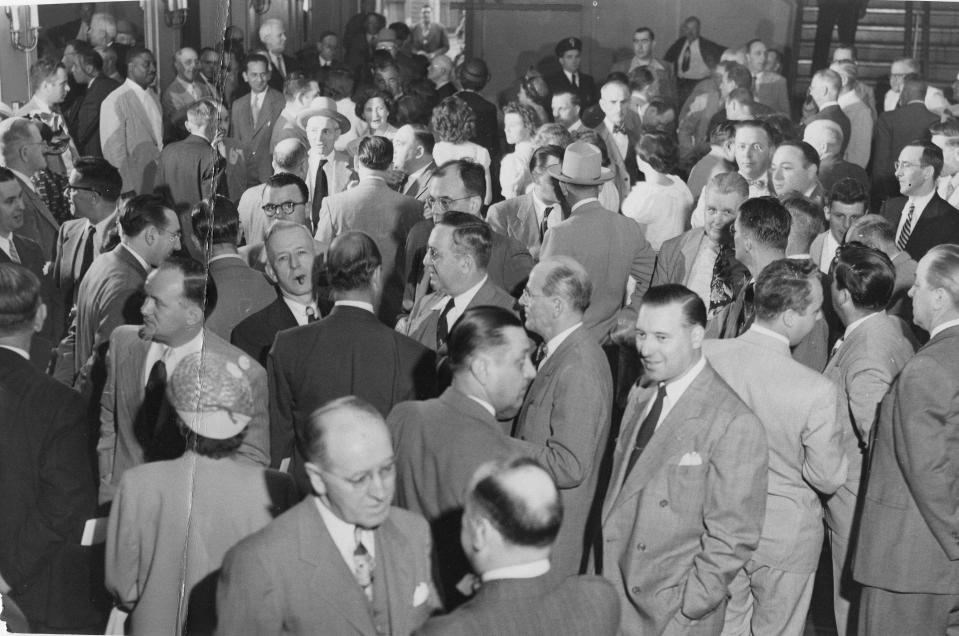It's past time for RI to prep for Nov. 5 constitutional convention | Opinion
J.H. Snider is the editor of The Rhode Island State Constitutional Convention Clearinghouse. Gary Sasse served as the Rhode Island director of the departments of Administration and Revenue, and executive director of the Rhode Island Public Expenditure Council.
Once a decade, next on Nov. 5, the Rhode Island Constitution mandates that its people have the right to call a constitutional convention to propose amendments for popular ratification.
A convention’s contemporary democratic purpose is to allow the people to vote on popular changes to Rhode Island’s fundamental law that the legislature chooses not to initiate and place on the ballot. Fourteen states provide a periodic convention referendum and 18 a constitutional initiative to provide the people with such a legislative bypass mechanism. The framers of Rhode Island’s 1973 Constitution favored the periodic convention referendum over the initiative partly because it incorporates enhanced public deliberation when making constitutional proposals.
More: Do Rhode Islanders trust their government? Here's what a new URI poll found.
More: What good are rights under RI Constitution if you can't enforce them? That might change.
Preparatory panel considered a best practice
The Constitution also mandates that the “general assembly, or the governor if the general assembly fails to act, shall provide for a bi-partisan preparatory commission to assemble information on constitutional questions for the electors.” During the 1960s, the last great wave of U.S. state conventions, it was considered best practice to form such a preparatory commission before calling a convention. For example, Maryland’s governor appointed 27 citizens to such a commission before the popular vote on whether to call a convention. The commission suggested constitutional changes that a convention might consider.

In contrast, Rhode Island’s most recent preparatory commission did what was minimally required. It was created in the waning days of the General Assembly’s session with a limited time frame to meet the spirit of the constitutional mandate creating the Preparatory Commission.
Complaints of hindering by Assembly
In 2014, former 1973 convention delegate John Partridge, who helped draft the preparatory commission clause, complained about the legislature’s compromising the commission process:
"First, we expected that the General Assembly would establish the Preparatory Commission well in advance of the vote on whether there should be a convention. The common thought at that time was a year in advance. Secondly, it was thought that it would be comprised, primarily, of non-members of the General Assembly. I can absolutely assure you that it was not expected there would be General Assembly members in a majority on the Preparatory Commission because many constitutional issues directly affect the General Assembly, creating possible conflicts. Thirdly, there would be a written report given to the voters well in advance of the question being on the ballot. And lastly, it was thought the Preparatory Commission would not take positions…. [It] would, instead, determine the principal issues that might be considered and suggest pros and cons on those issues so that the issues could be robustly debated."
Given the legislature’s current delay in passing commission-enabling legislation, it should give immediate priority to creating a Preparatory Commission as specified in the state constitution. The enabling act creating the Preparatory Commission should not include elected officials as commission members. It should provide for webcasting and ample public notice of the commission’s public hearings. It should also have sufficient resources to engage professionals to support its research and hearings, and report its finding well in advance of the vote to call a convention.
This article originally appeared on The Providence Journal: Immediate priority should be given to creating a Preparatory Commission as specified in the state constitution.

